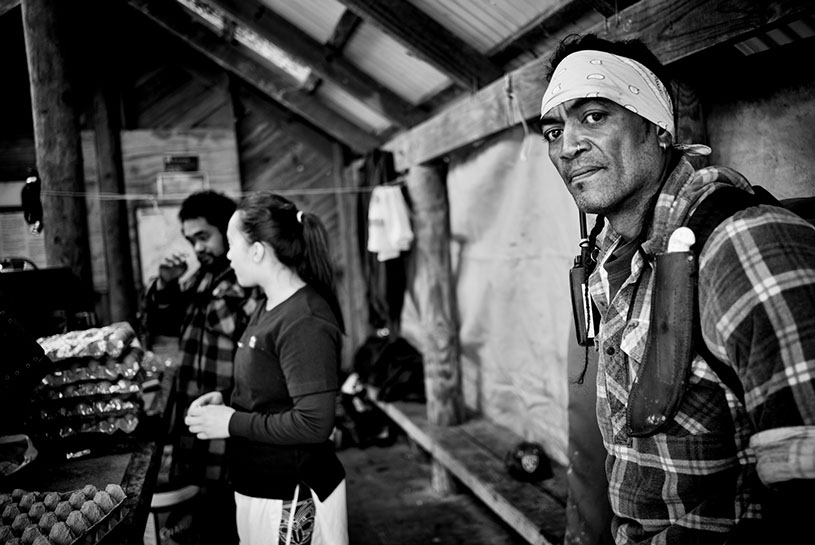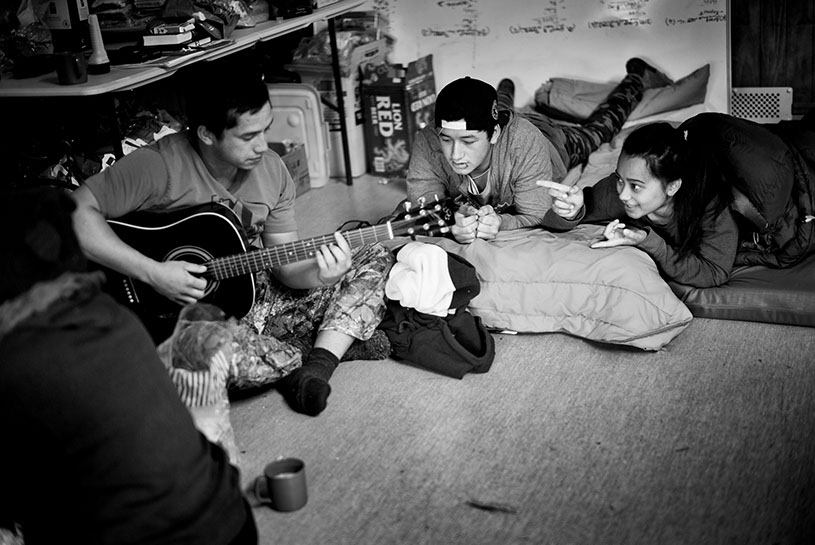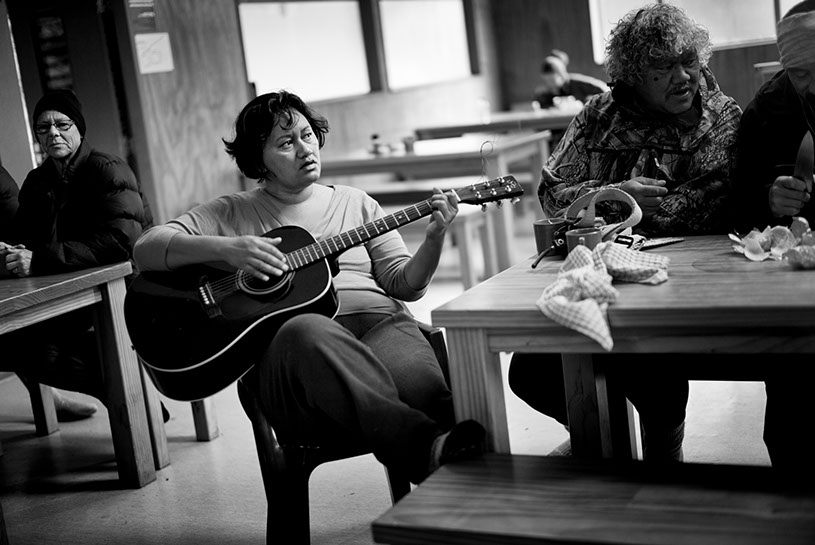TÅ«hoe are a NZ Maori tribe (Iwi) - known as the "the children of the mist" because of mist that often experienced in the Te Urewera - their home lands (Rohe). Of the TÅ«hoe people, estimated to number between 33,000 and 45,000, about 19 per cent still live on their tribal lands; most of the rest live in towns on the fringes of Te Urewera and in the larger North Island cities.
TÅ«hoe people have a reputation for their continued strong adherence to Māori identity and for their unbroken use of the Māori language, which 40% of them still speak.
The Treaty of Waitangi is a treaty first signed on 6 February 1840 by representatives of the British Crown and various Māori chiefs from the North Island of New Zealand. The Treaty provided for a British settlement and the establishment of a government to maintain peace and order. Notably TÅ«hoe refused to sign the Treaty of Waitangi.
Since the late 19th century Tuhoe has experienced significant mistreatment and breaches by the Crown. Foremost among these was the confiscation of 100,000 hectares of TÅ«hoe lands now known as Te Urewera National Park. The confiscation was carried out to punish TÅ«hoe for sheltering the Maori leader Te Kooti, a fugitive who had escaped from imprisonment and for supporting Te Kooti during the manhunt- something that historians and the Crown now agree the Iwi did not do.
TÅ«hoe and the Crown have long had a strained relationship, with widespread TÅ«hoe rejection of what they call Pākehā (non-Maori/european) rule. From the late 1990s, some TÅ«hoe started identifying as the "TÅ«hoe nation" - arguing they have never signed the Treaty of Waitangi and therefore never gave up their sovereignty.
In 2007, 300 armed-police, including members of the Armed Offenders Squad and Special Tactics Group, were involved in what have become known as the "terrorist raids". These raids were in response to the discovery of an alleged Tuhoe paramilitary training camp in Te Urewera.
According to police, the raids were a culmination of more than a year of surveillance that uncovered and monitored the training camps. Search warrants were executed under the Summary Proceedings Act to search for evidence relating to potential breaches of the Terrorism Suppression Act and the Arms Act. Four guns and 230 rounds of ammunition were seized and 17 people arrested. Ultimately all that was proven in a court of law was firearms offences against the accused.
TÅ«hoe and the Crown have recently agreed a settlement in recognition of the historical wrongs. The return of lands under settlement, including Te Urewera, will form part of the proposed redress.
TÅ«hoe's settlement is directly connected to the tribe's ability to restore and redevelop its own independence, identity and cultural permanency. I have been privileged to be allowed to document the TÅ«hoe people of today and as they begin their journey in a post-settlement world.














